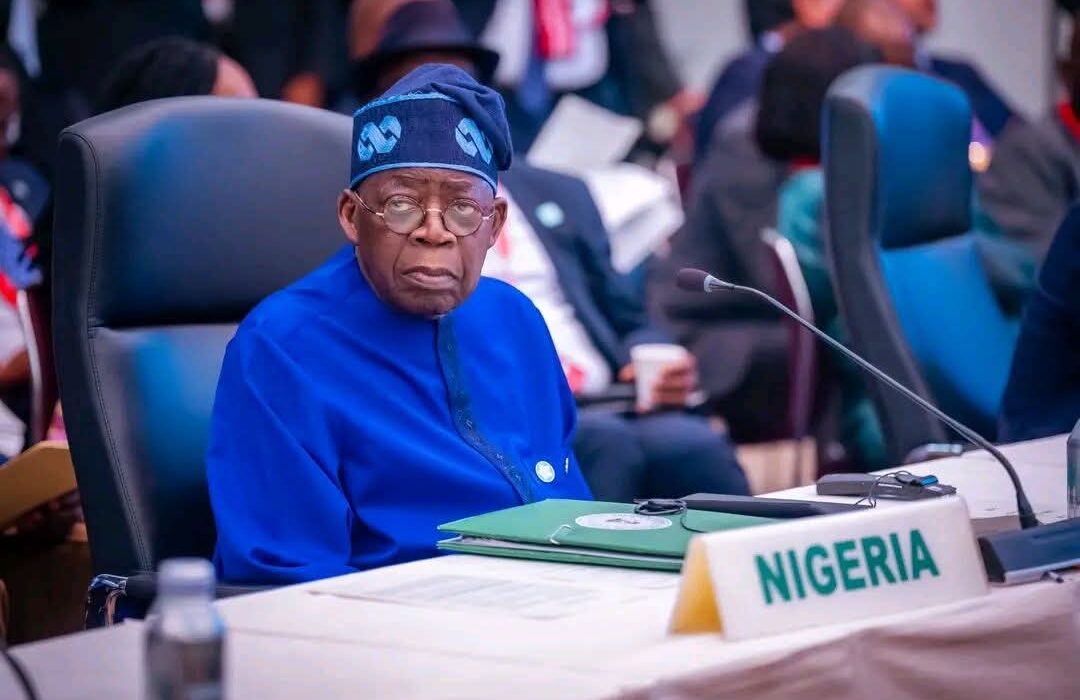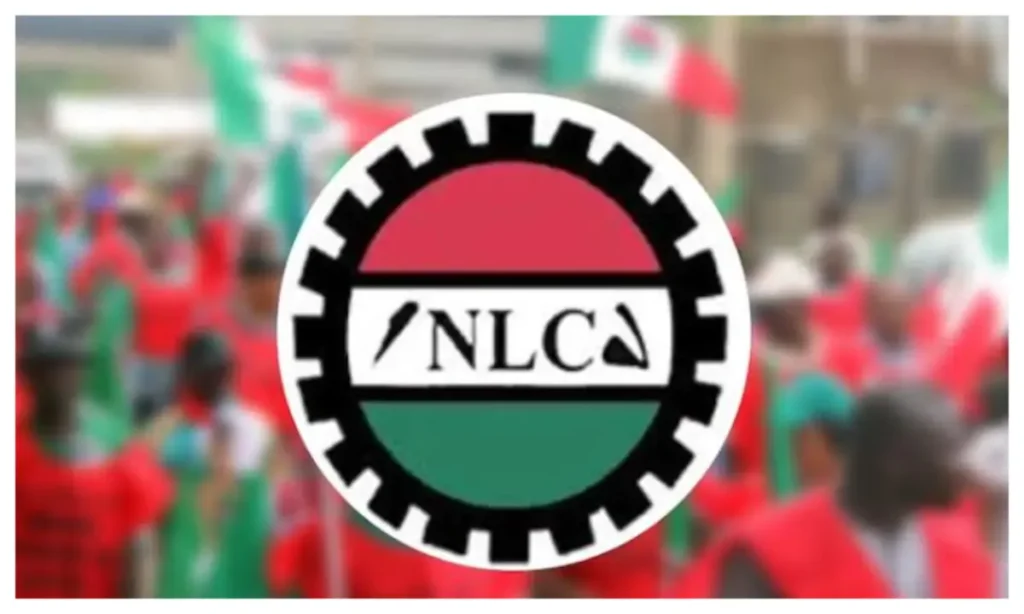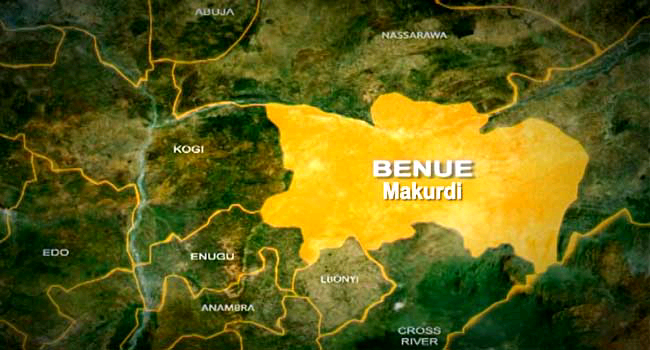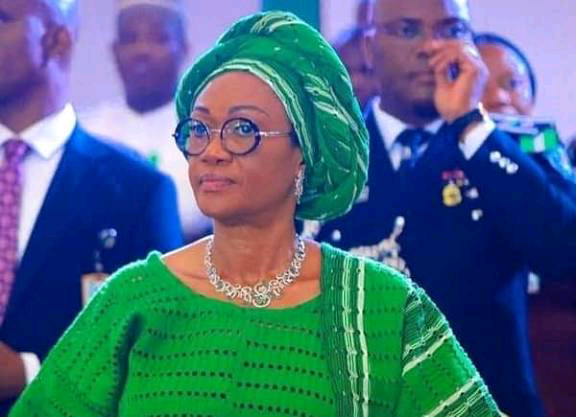Tinubu Secures $238m JICA Loan to Strengthen Nigeria’s National Grid

President Bola Ahmed Tinubu has secured a $238 million loan facility from the Japan International Cooperation Agency (JICA) to strengthen Nigeria’s struggling national power grid.
The landmark agreement was finalized during the Tokyo International Conference on African Development (TICAD9), following high-level engagements led by the Minister of Power, Adebayo Adelabu.
The facility will be complemented by a ₦19.08 billion counterpart funding approved by Nigeria’s Federal Executive Council. Together, the financing package will drive an ambitious expansion of the country’s transmission infrastructure.
According to details released, the JICA-backed project will fund:
• 102.95km of new 330kV double circuit transmission lines
• 104.59km of 132kV double circuit lines
• Four 330/132/33kV substations
• Two 132/33kV substations
• Multiple line bay extensions to boost efficiency and reduce system losses
The projects are designed to improve supply reliability for households, businesses, and industrial clusters, while easing persistent grid instability.
Beyond the loan deal, three substations funded by a $32 million JICA grant are also nearing commissioning. These facilities are located in:
• Apo (FCT)
• Keffi (Nasarawa State)
• Apapa (Lagos State)
The Apapa substation is of particular strategic importance, as it will power surrounding industrial areas and critical facilities, including the Lagos Port.
Speaking at the signing, President Tinubu emphasized that Nigeria’s participation at TICAD9 was focused on results rather than ceremony.
“We are deliberately shifting from planning to implementation, from agreements to delivery, and from promises to measurable results,” he said.
Minister Adelabu also hailed the loan as the “backbone” of Nigeria’s power sector transformation roadmap, adding that collaborations with Japanese power technology giants such as Toshiba, Hitachi, and the Transmission & Distribution Corporation of Japan will be leveraged to cut system inefficiencies and boost operational performance.
The deal comes alongside other reforms aimed at bridging Nigeria’s severe electricity access gap, where only 55–60 percent of citizens currently have power supply.
Complementary initiatives include the $750 million World Bank-backed DARES programme, designed to connect 17 million Nigerians to reliable energy under the government’s Mission 300 Compact.
JICA has also equipped the National Power Training Institute of Nigeria (NAPTIN) in Abuja with modern training facilities, strengthening local technical capacity to manage Nigeria’s evolving grid system.
Energy experts see the agreement as a critical boost to Nigeria’s industrial and economic ambitions. By expanding urban grid coverage and rolling out new substations, the government hopes to reduce blackouts, cut transmission losses, and stimulate growth in key economic hubs.
For many Nigerians, however, the test will be whether these projects translate into consistent and affordable electricity, a goal that has long eluded successive administrations.









